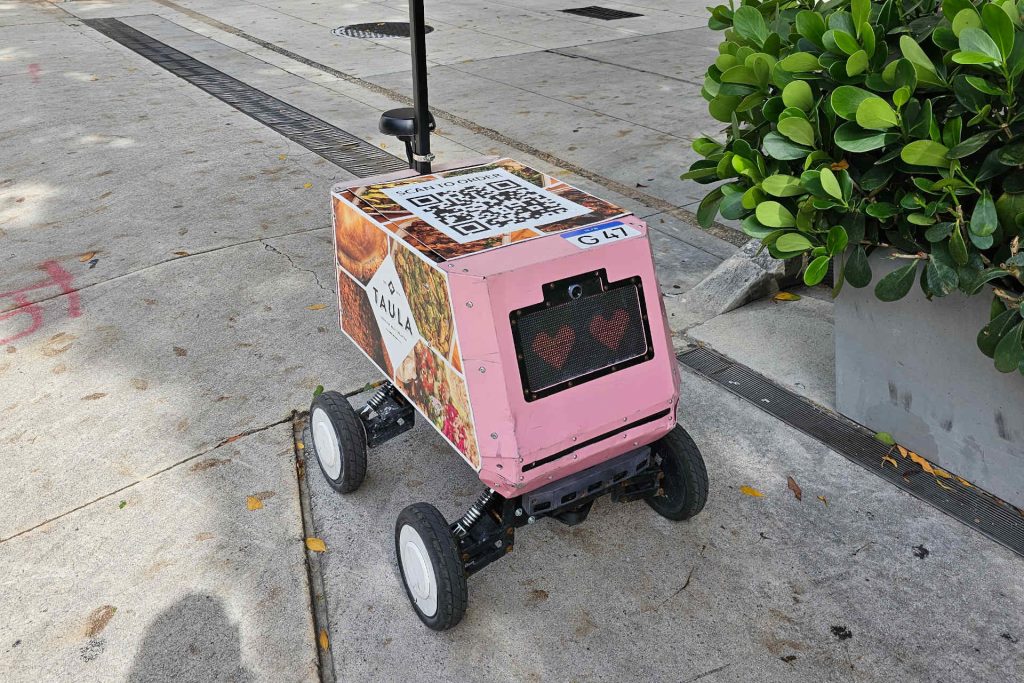The restaurant and hotel industry is undergoing a profound digital transformation. The future is AI. Platforms and digital tools not only enable more efficient and data-driven planning, but also a new form of interactivity and communication with customers. Smartphones are increasingly acting as command centers, whether for orders, payments or interaction with AI-controlled assistants. Personal assistants are on the rise, processing individual data and experiences to create menus, blogs and reviews.
Cooking robots remain the preserve of specialists, while smaller helpers, such as smart kitchen appliances, optimize work processes in networked smart kitchens. The winners in this development are platforms that enable data-based menu planning and trend analyses, such as Tastewise. This platform helps chefs, restaurateurs and system caterers to tailor their offerings to regional preferences. AI is also gaining ground in pricing: Dynamic pricing reacts to demand and availability in real time - both in restaurants and hotels (revenue management).
Voice assistants and contactless ordering systems are driving automation forward. QR codes, order kiosks and chatbots simplify processes, increase efficiency and reduce staff requirements. Digital payment methods continue to gain popularity. The QR code remains the winner when it comes to ordering or searching for staff. Systems such as McDonald's AI-driven drive-throughs (tested: ordering and upselling through real-time suggestions) are revolutionizing the ordering process, while avatars or holograms guide guests through menus.
At the same time, virtual concepts are gaining in importance. Augmented reality is already being used in hotels such as the Adlon to enrich guest experiences and build anticipation and excitement before the trip. Innovative restaurateurs are focusing on virtual dining experiences. Immersive concepts that merge the real and digital experience, such as Eatrenalin at Europa-Park or Ultraviolet by Paul Pairet in Shanghai, are popular. The metaverse is currently less present and is being overtaken by AI, but remains a potential addition to the real world. We need to keep an eye on the development of blockchain.
Especially in the USA, e.g. in Miami and Los Angeles, street robots and autonomous delivery services are shaping the new distribution. There are delivery robots at every traffic light waiting for the green light to deliver meals to businesses. While robots are gaining ground in cleaning, their use in service is still limited.
Marketing is becoming more agile and target group-specific, often via platforms such as TikTok. Collaborations, for example between B&B Hotels and influencers, are proving successful. Despite digitalization, analogue approaches, such as postcards or face-to-face events, are surprising and create trust. Overall, AI and digitalization are driving the industry forward, but the sticking point remains: Cooperation between systems is crucial in order to implement innovations across the board.

From ticketing systems to cooking robotics: the restaurant industry is undergoing a digital transformation. What began as a technological gimmick is now becoming a real competitive advantage. Why digital processes bring more predictability, better guest experiences and new perspectives for employees – and where people still remain irreplaceable.
Organic is not a label – it’s an attitude. In Falkenstein, Lower Austria, the Pesau winery practices organic farming as a generational contract: for the soil, for the landscape, for the wine. A conversation with Andreas and Georg Pesau about living origin, sustainable craftsmanship and the courage not to bow to every trend.


The restaurant and hotel industry is undergoing a profound digital transformation. The future is AI. Platforms and digital tools not only enable more efficient and data-driven planning, but also a new form of interactivity and communication with customers. Smartphones are increasingly acting as command centers, whether for orders, payments or interaction with AI-controlled assistants. Personal assistants are on the rise, processing individual data and experiences to create menus, blogs and reviews.